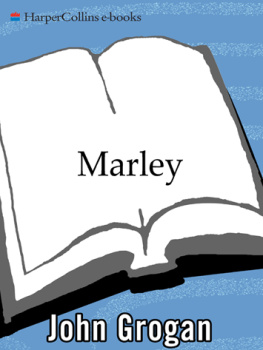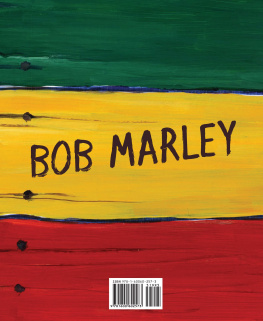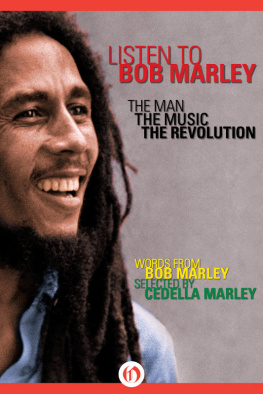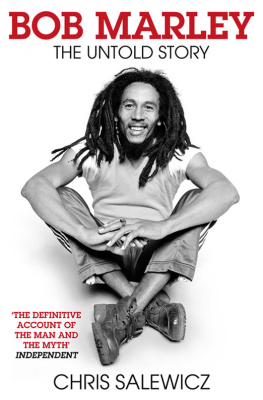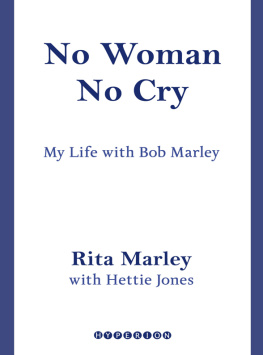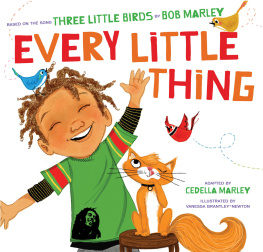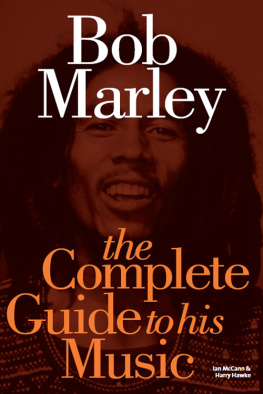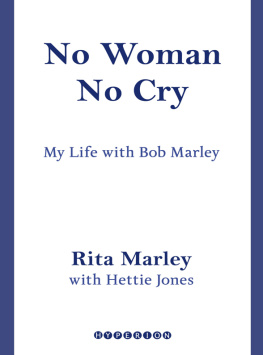In memory of my father, Richard Frank Grogan, whose gentle spirit infuses every page of this book
I n the summer of 1967, when I was ten years old, my father caved in to my persistent pleas and took me to get my own dog. Together we drove in the family station wagon far into the Michigan countryside to a farm run by a rough-hewn woman and her ancient mother. The farm produced just one commoditydogs. Dogs of every imaginable size and shape and age and temperament. They had only two things in common: each was a mongrel of unknown and indistinct ancestry, and each was free to a good home. We were at a mutt ranch.
Now, take your time, son, Dad said. Your decision today is going to be with you for many years to come.
I quickly decided the older dogs were somebody elses charity case. I immediately raced to the puppy cage. You want to pick one thats not timid, my father coached. Try rattling the cage and see which ones arent afraid.
I grabbed the chain-link gate and yanked on it with a loud clang. The dozen or so puppies reeled backward, collapsing on top of one another in a squiggling heap of fur. Just one remained. He was gold with a white blaze on his chest, and he charged the gate, yapping fearlessly. He jumped up and excitedly licked my fingers through the fencing. It was love at first sight.
I brought him home in a cardboard box and named him Shaun. He was one of those dogs that give dogs a good name. He effortlessly mastered every command I taught him and was naturally well behaved. I could drop a crust on the floor and he would not touch it until I gave the okay. He came when I called him and stayed when I told him to. We could let him out alone at night, knowing he would be back after making his rounds. Not that we often did, but we could leave him alone in the house for hours, confident he wouldnt have an accident or disturb a thing. He raced cars without chasing them and walked beside me without a leash. He could dive to the bottom of our lake and emerge with rocks so big they sometimes got stuck in his jaws. He loved nothing more than riding in the car and would sit quietly in the backseat beside me on family road trips, content to spend hours gazing out the window at the passing world. Perhaps best of all, I trained him to pull me through the neighborhood dog-sled-style as I sat on my bicycle, making me the hands-down envy of my friends. Never once did he lead me into hazard.
He was with me when I smoked my first cigarette (and my last) and when I kissed my first girl. He was right there beside me in the front seat when I snuck out my older brothers Corvair for my first joyride.
Shaun was spirited but controlled, affectionate but calm. He even had the dignified good manners to back himself modestly into the bushes before squatting to do his duty, only his head peering out. Thanks to this tidy habit, our lawn was safe for bare feet.
Relatives would visit for the weekend and return home determined to buy a dog of their own, so impressed were they with Shaunor Saint Shaun, as I came to call him. It was a family joke, the saint business, but one we could almost believe. Born with the curse of uncertain lineage, he was one of the tens of thousands of unwanted dogs in America. Yet by some stroke of almost providential good fortune, he became wanted. He came into my life and I into hisand in the process, he gave me the childhood every kid deserves.
The love affair lasted fourteen years, and by the time he died I was no longer the little boy who had brought him home on that summer day. I was a man, out of college and working across the state in my first real job. Saint Shaun had stayed behind when I moved on. It was where he belonged. My parents, by then retired, called to break the news to me. My mother would later tell me, In fifty years of marriage, Ive only seen your father cry twice. The first time was when we lost Mary Annmy sister, who was stillborn. The second time was the day Shaun died.
Saint Shaun of my childhood. He was a perfect dog. At least thats how I will always remember him. It was Shaun who set the standard by which I would judge all other dogs to come.
W e were young. We were in love. We were rollicking in those sublime early days of marriage when life seems about as good as life can get.
We could not leave well enough alone.
And so on a January evening in 1991, my wife of fifteen months and I ate a quick dinner together and headed off to answer a classified ad in the Palm Beach Post .
Why we were doing this, I wasnt quite sure. A few weeks earlier I had awoken just after dawn to find the bed beside me empty. I got up and found Jenny sitting in her bathrobe at the glass table on the screened porch of our little bungalow, bent over the newspaper with a pen in her hand.
There was nothing unusual about the scene. Not only was the Palm Beach Post our local paper, it was also the source of half of our household income. We were a two-newspaper-career couple. Jenny worked as a feature writer in the Post s Accent section; I was a news reporter at the competing paper in the area, the South Florida Sun-Sentinel, based an hour south in Fort Lauderdale. We began every morning poring over the newspapers, seeing how our stories were played and how they stacked up to the competition. We circled, underlined, and clipped with abandon.
But on this morning, Jennys nose was not in the news pages but in the classified section. When I stepped closer, I saw she was feverishly circling beneath the heading PetsDogs.
Uh, I said in that new-husband, still-treading-gently voice. Is there something I should know?
She did not answer.
Jen-Jen?
Its the plant, she finally said, her voice carrying a slight edge of desperation.
The plant? I asked.
That dumb plant, she said. The one we killed.
The one we killed? I wasnt about to press the point, but for the record it was the plant that I bought and she killed. I had surprised her with it one night, a lovely large dieffenbachia with emerald-and-cream variegated leaves. Whats the occasion? shed asked. But there was none. Id given it to her for no reason other than to say, Damn, isnt married life great?
She had adored both the gesture and the plant and thanked me by throwing her arms around my neck and kissing me on the lips. Then she promptly went on to kill my gift to her with an assassins coldhearted efficiency. Not that she was trying to; if anything, she nurtured the poor thing to death. Jenny didnt exactly have a green thumb. Working on the assumption that all living things require water, but apparently forgetting that they also need air, she began flooding the dieffenbachia on a daily basis.
Be careful not to overwater it, I had warned.
Okay, she had replied, and then dumped on another gallon.
The sicker the plant got, the more she doused it, until finally it just kind of melted into an oozing heap. I looked at its limp skeleton in the pot by the window and thought, Man, someone who believes in omens could have a field day with this one.
Now here she was, somehow making the cosmic leap of logic from dead flora in a pot to living fauna in the pet classifieds. Kill a plant, buy a puppy. Well, of course it made perfect sense.
I looked more closely at the newspaper in front of her and saw that one ad in particular seemed to have caught her fancy. She had drawn three fat red stars beside it. It read: Lab puppies, yellow. AKC purebred. All shots. Parents on premises.


